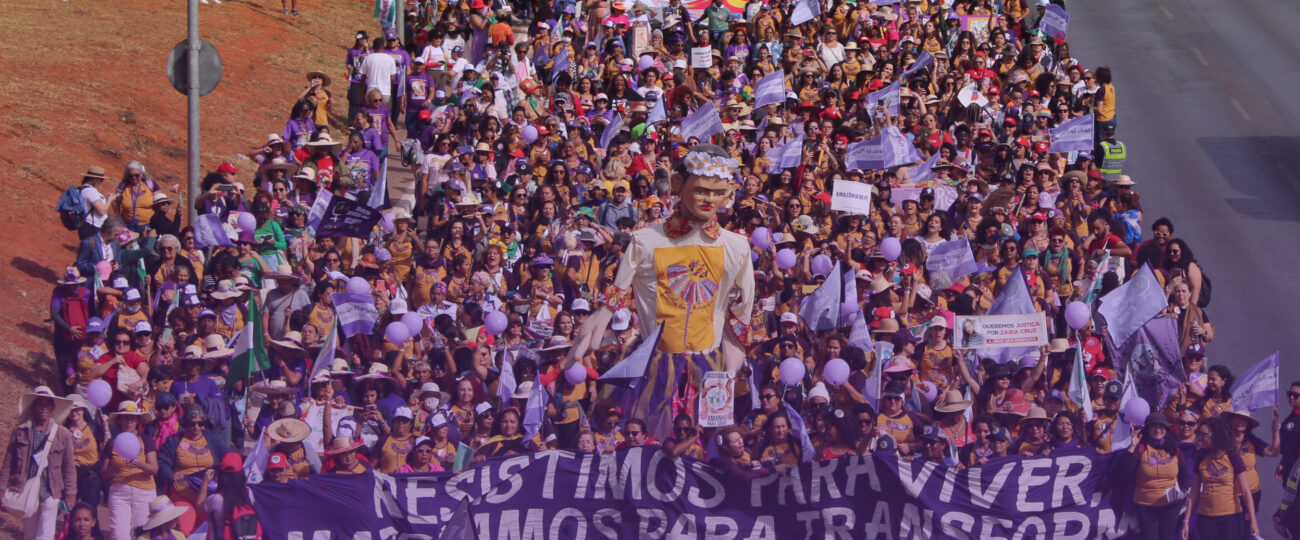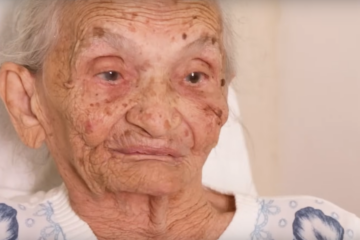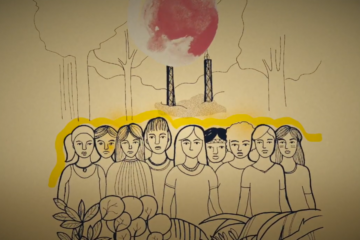More than 100,000 women occupied the City Park Exhibition Pavilion and the streets of Brasília, capital of Brazil, on August 15th and 16th, for the 7th edition of the Margaridas’ March. Women from rural areas, forest communities, water-based communities, and urban areas came together to take part in two days of activities during Latin America’s largest women’s political action.
With the motto “To rebuild Brazil and for good living,” this year’s edition proposed 13 action pillars, including: democracy and sovereignty; women’s political participation; fight against violence; autonomy of bodies and sexualities; environmental and climate justice; food, water, and energy sovereignty; right to land; biodiversity; agroecology; defense of health and education in rural areas; and digital inclusion.
The mobilization pays tribute to Margarida Maria Alves (1933-1983), a peasant who did not run away from the struggle, and marked the story of rural workers in Brazil. While the Margaridas’ March culminated in Brasília, it had been more than two years in the making, jointly organized by union, peasant, and feminist organizations, including the World March of Women.
On the first day of activities, there were talking circles, discussion panels, cultural performances, and the Women’s Court, an action to expose the environmental and social impacts caused by transnational corporations and destructive policies. On the second day, more than 100,000 women from all parts of Brazil walked four kilometers toward the Esplanade of Ministries, demanding from the Lula administration a commitment with peasant women’s agenda. The video below shows Sonia Coelho, of the World March of Women, speaking about this moment of intense feminist political mobilization and struggle for women’s rights. Watch it:




